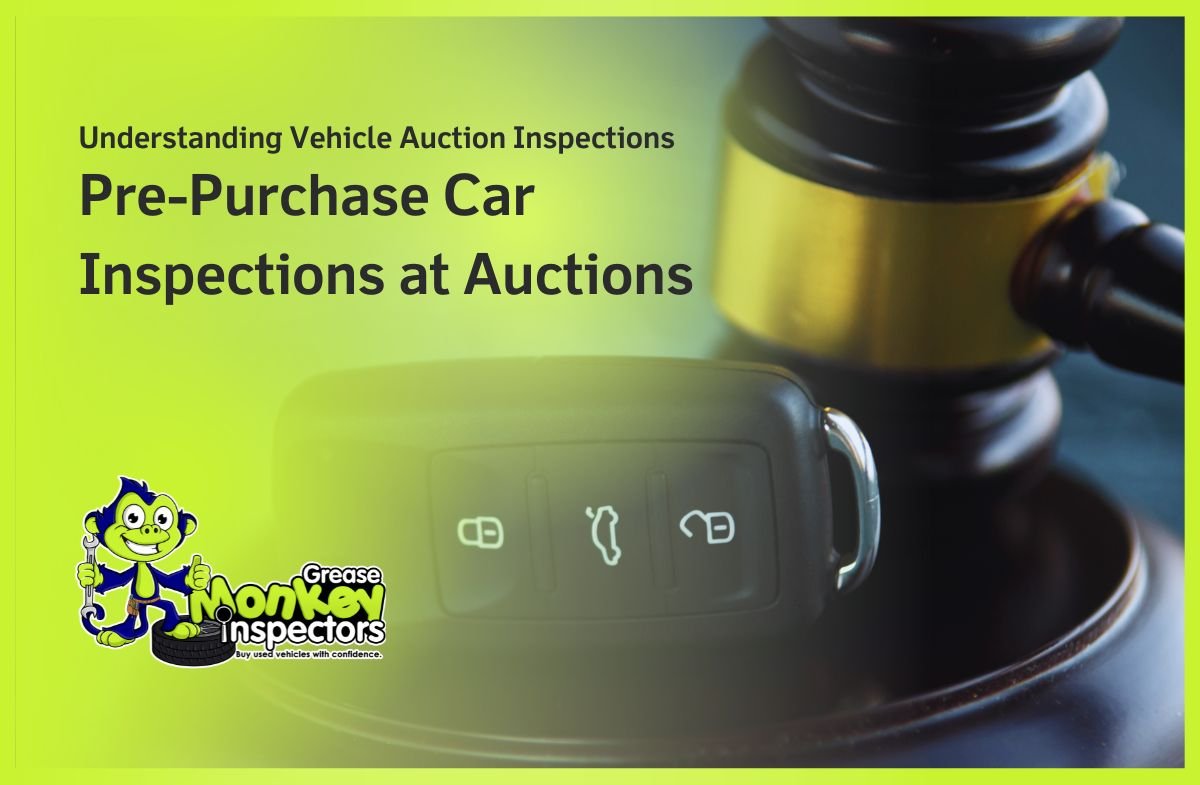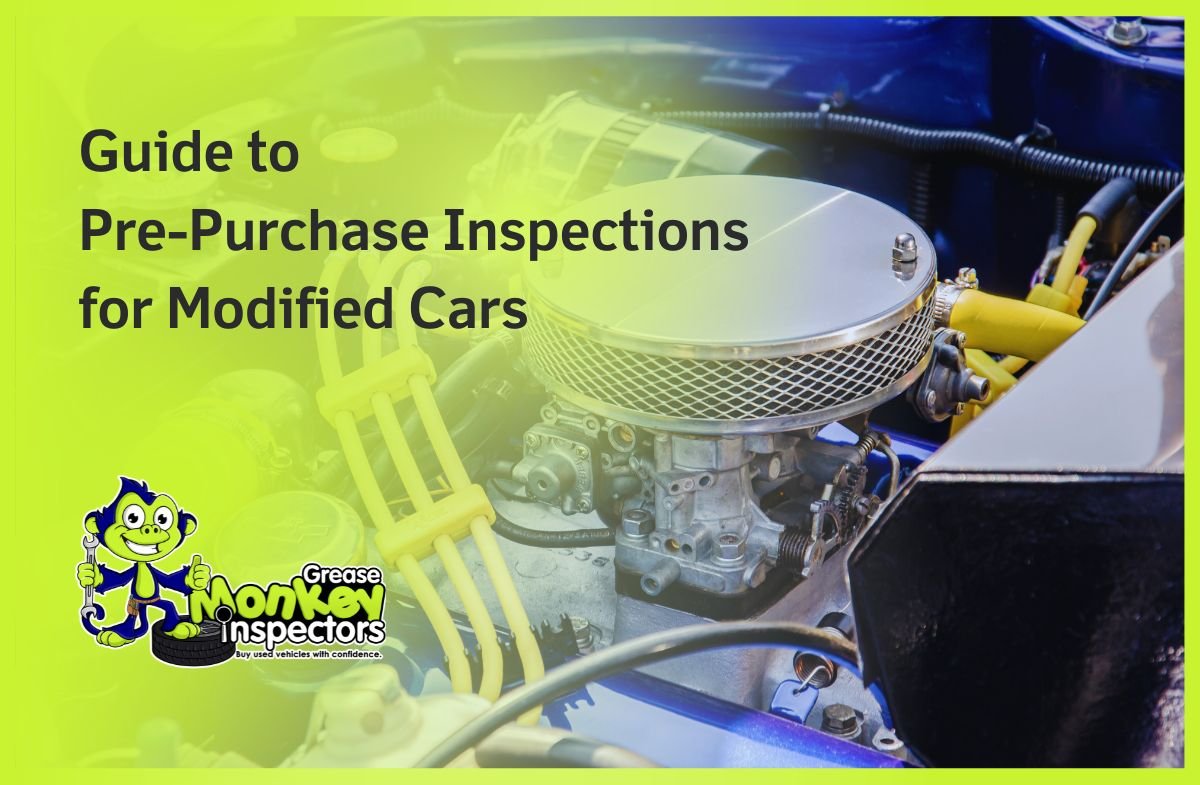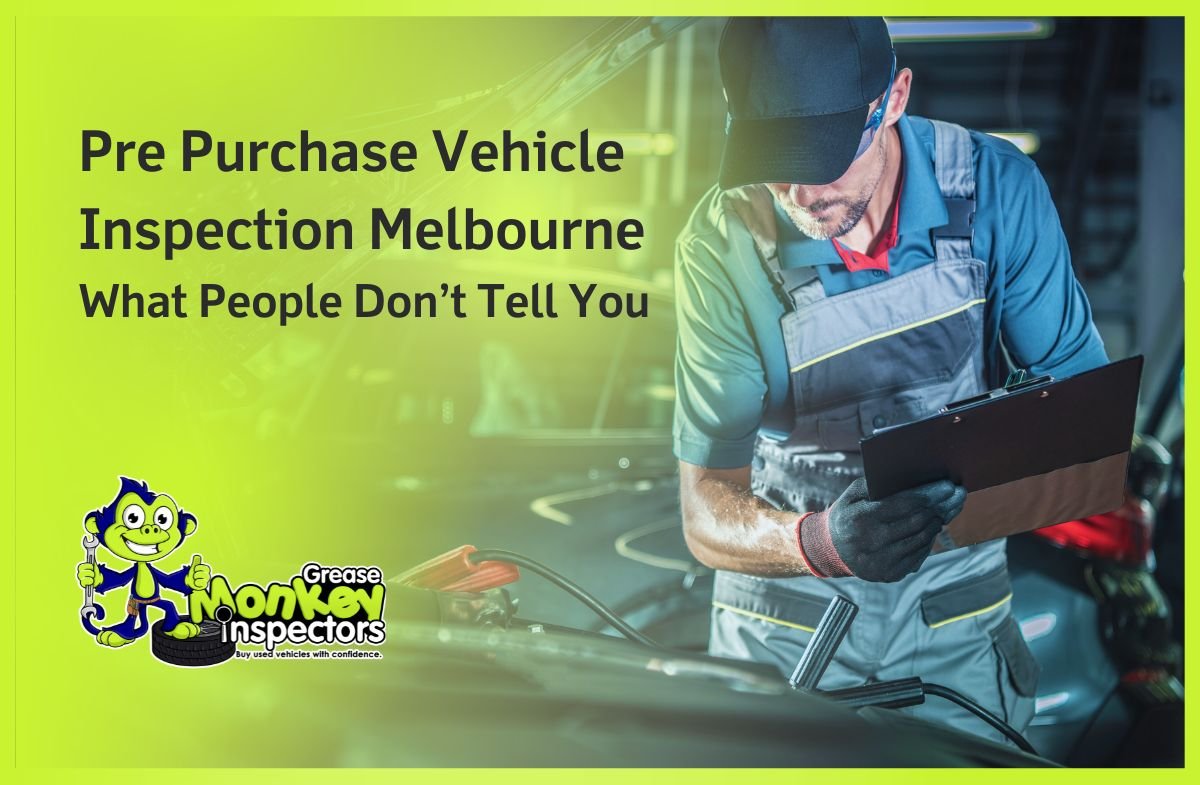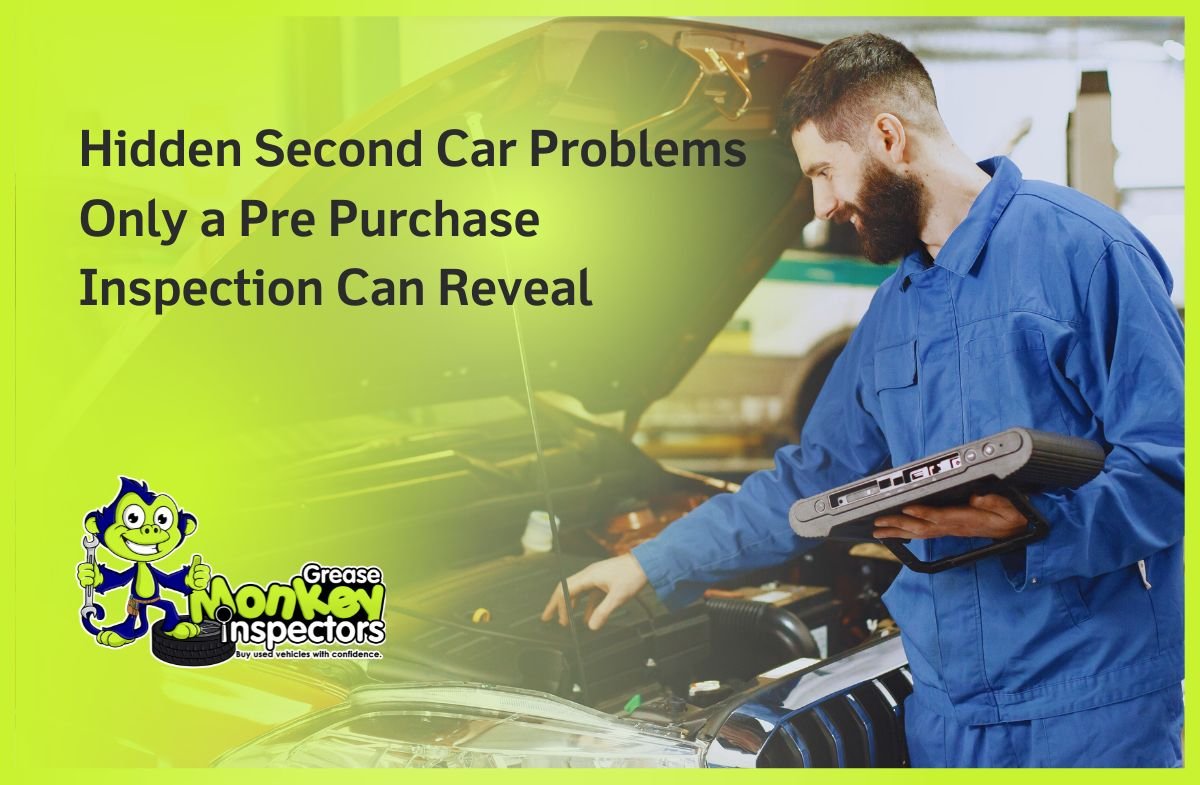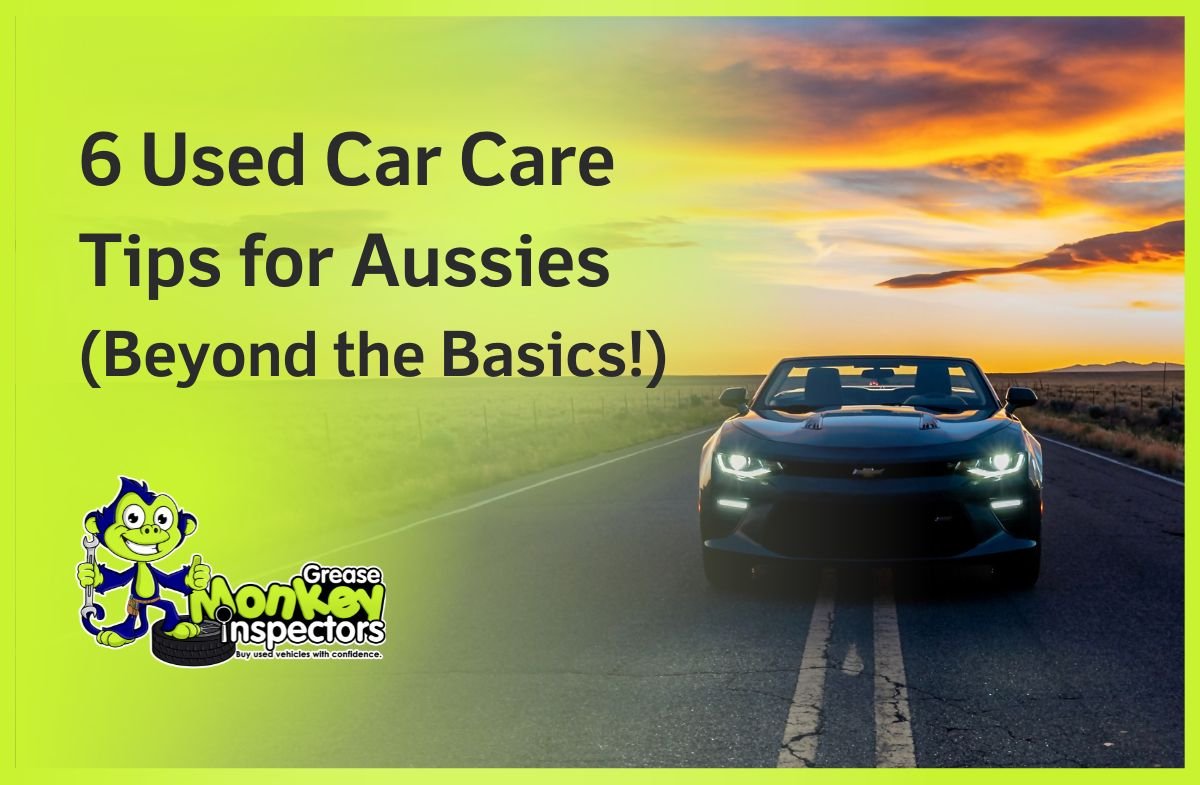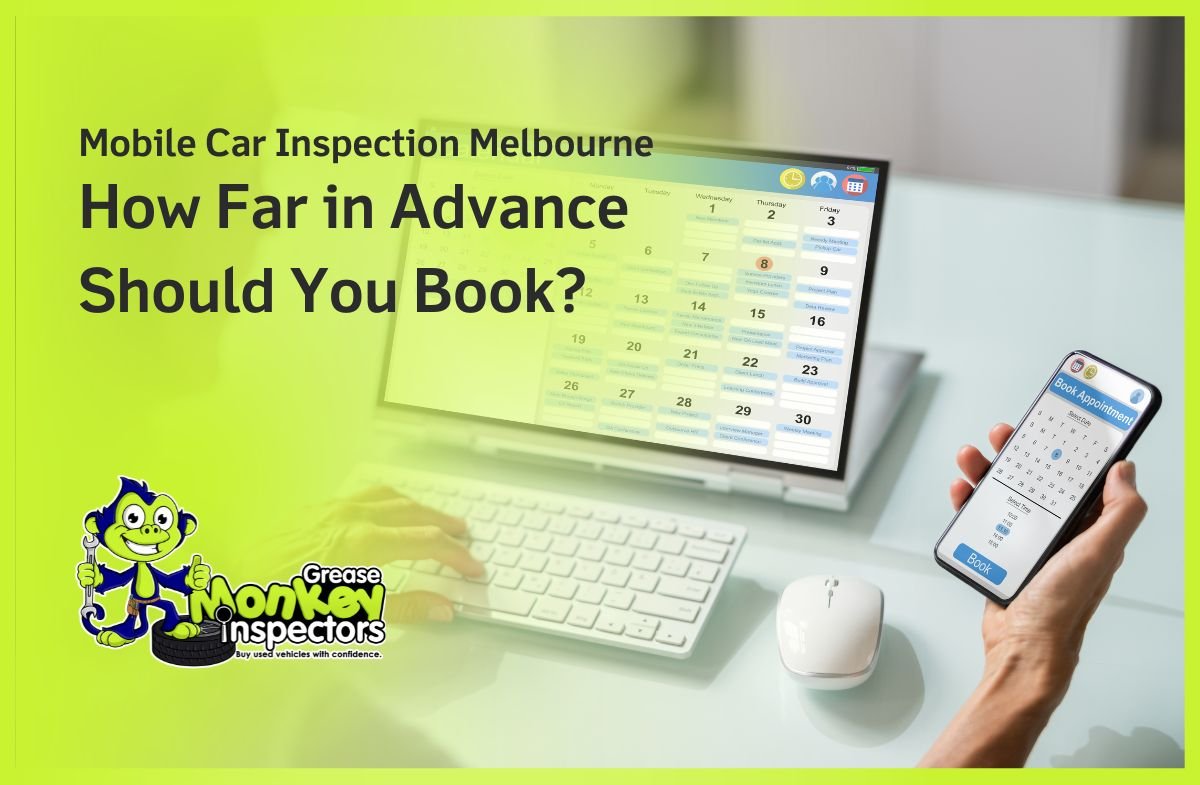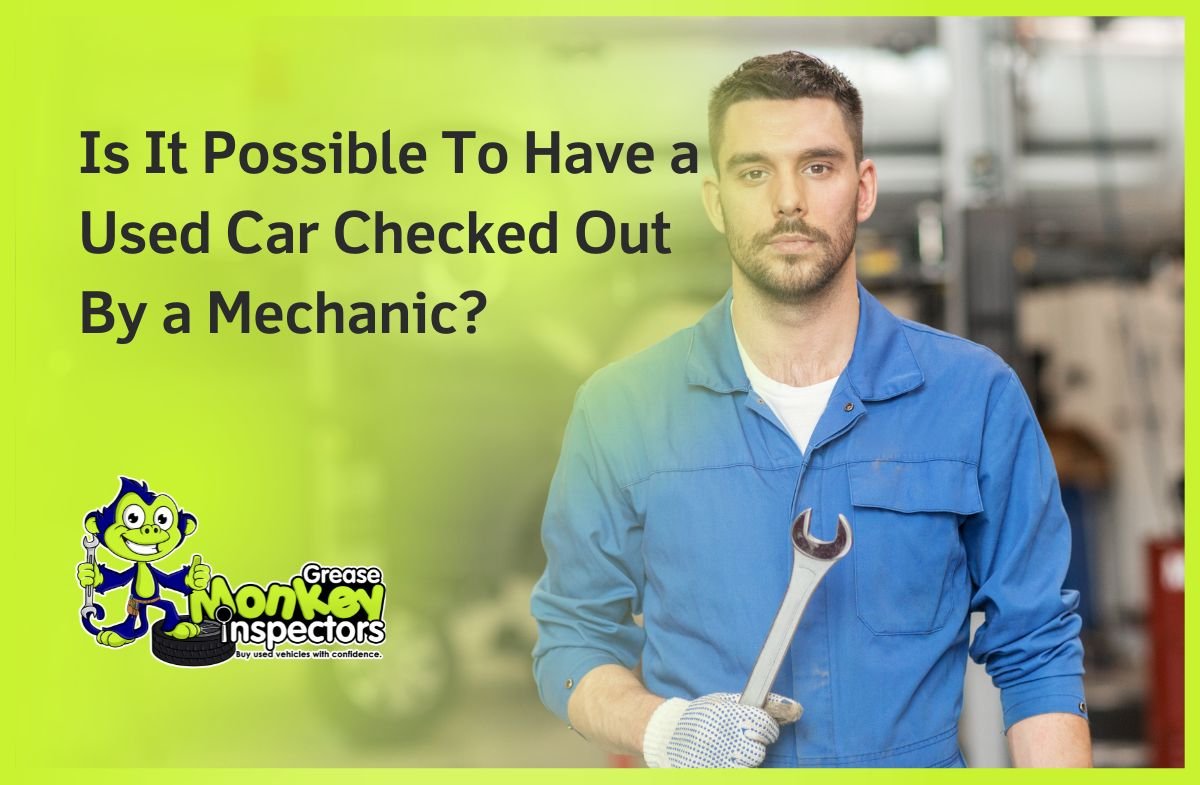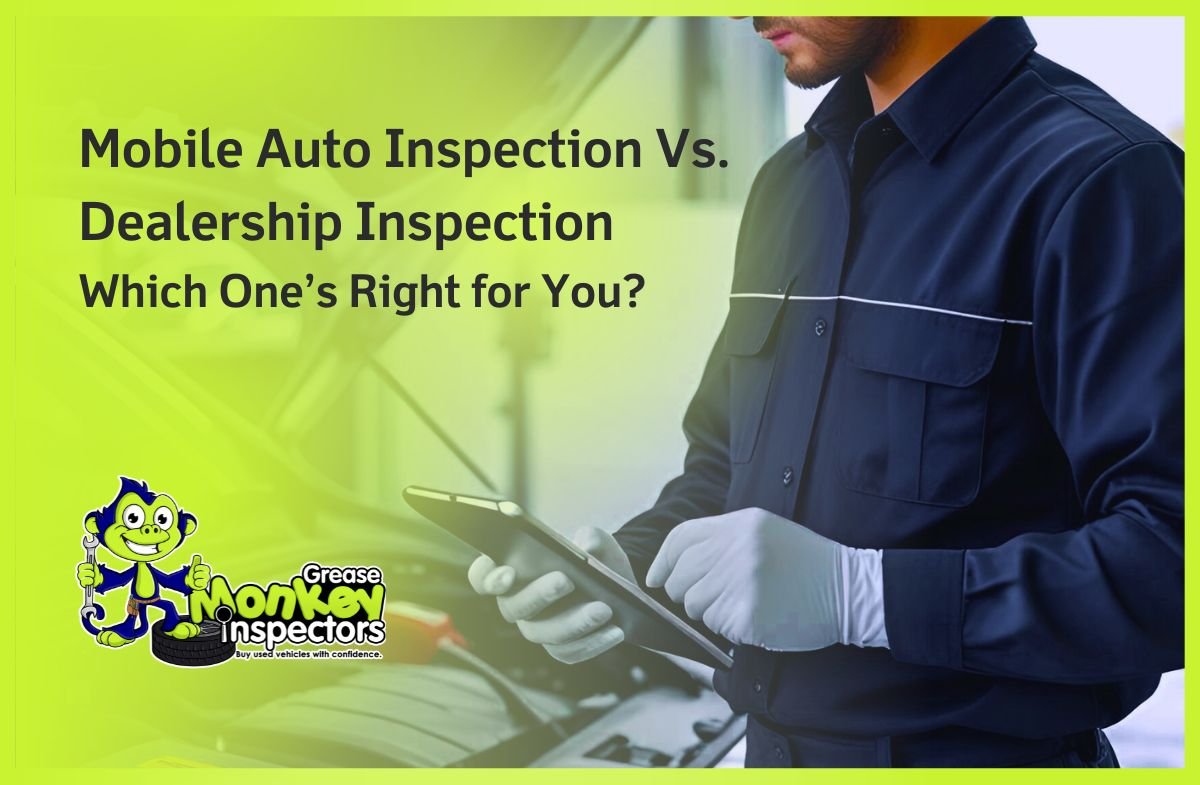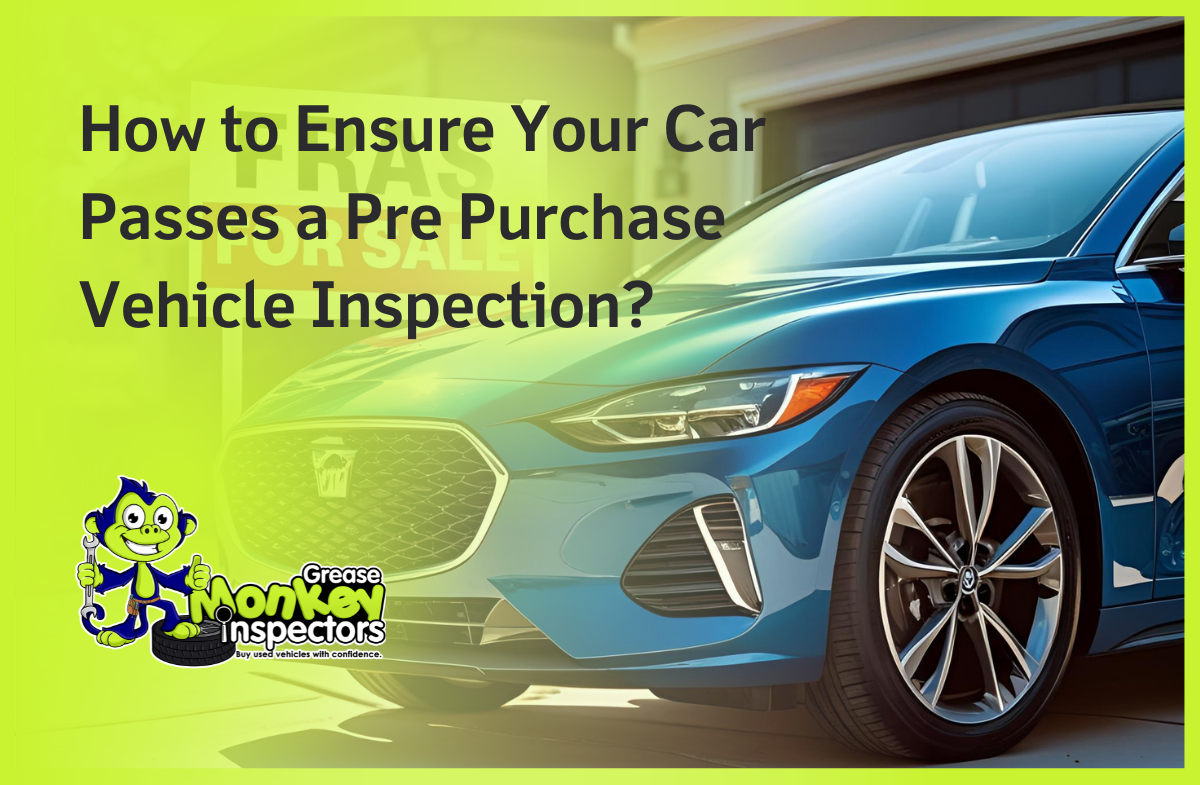Car auctions can feel like treasure hunts. Shiny cars, bargain prices, and the thrill of bidding make it all the more exciting. But without doing your homework, that “bargain” can quickly turn into a costly mistake.
Why do pre-purchase car inspections matter at auctions?
Used vehicle auction scenes are very tricky. You usually have limited time to check out the vehicles and plenty of pressure to make quick decisions. Hidden issues like mechanical problems, accident damage, or even flood damage may not be obvious during a quick walk-around.
That’s where car pre-purchase inspections in Melbourne come in. It gives you the confidence to bid smart. Professional inspectors can spot things others miss. This is something that can save you thousands in surprise repairs later.
What should a second-hand car check include?
A proper pre-purchase inspection in Melbourne covers all the key areas:
- The engine and mechanical systems are checked for potential failures.
- The bodywork is checked for accident damage and structural issues.
- Electrical systems are tested to make sure all systems are working.
- Interior components, tyres, brakes, and suspension are thoroughly reviewed to ensure everything’s in good shape.
This level of detail means you’ll know exactly what you’re buying and what to avoid.
Also read: The best place to buy a used car are dealers, private sellers, or auctions.
Pre-Purchase Car Inspections | Make smarter auction decisions.
Bidding is made less stressful with a pre-purchase vehicle inspection. A good inspection will help you easily determine which cars are worth looking at and which ones to ignore.
We at Greasemonkey Inspectors specialize in second hand car checks to help protect your investment.
Make an appointment for your inspection now so you can confidently bid at your next auction!

